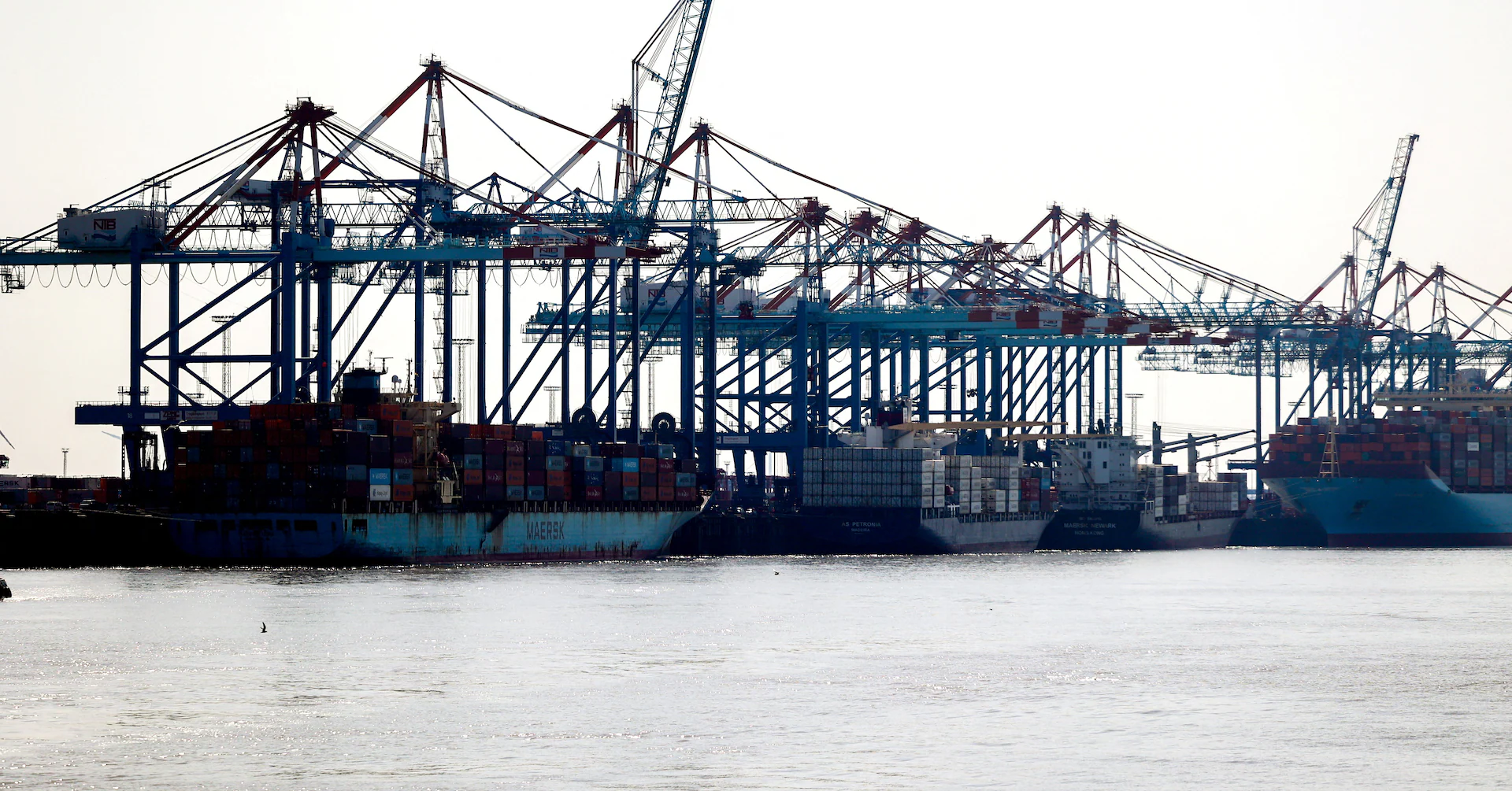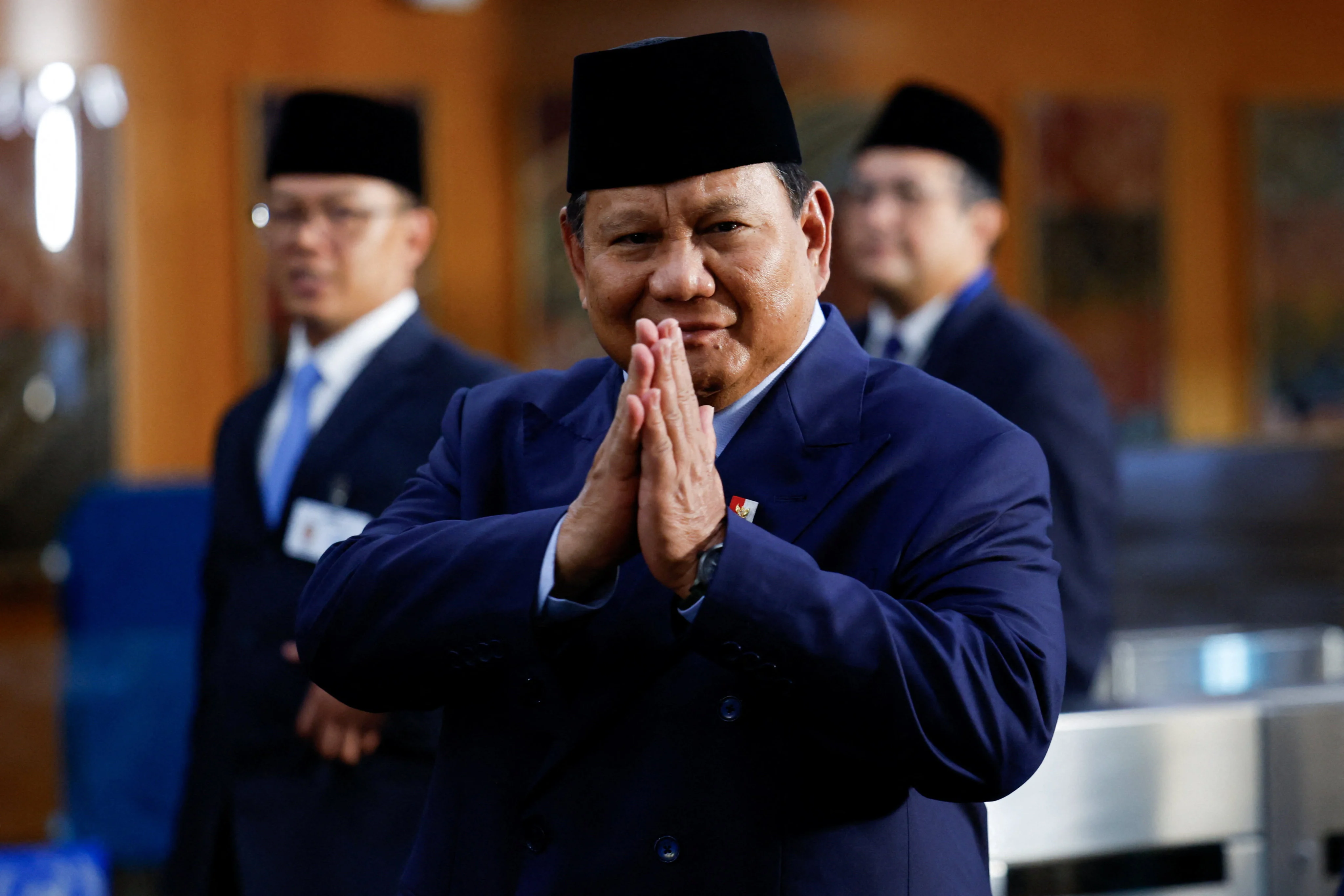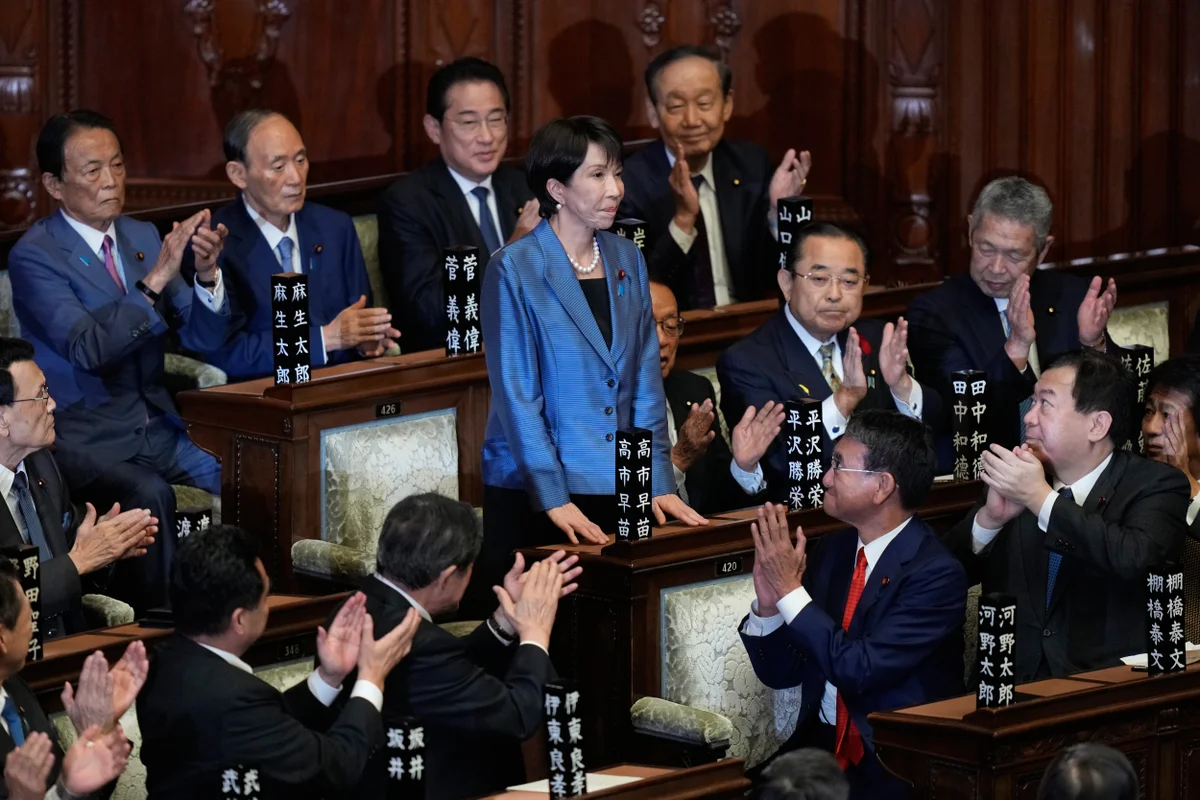Copyright Reuters

LONDON, Oct 23 (Reuters) - Europe's economy is walking a precarious tightrope between geopolitics and global economic power plays, which will either force it to diversify its trade and become more self-reliant or get toppled by ferocious crosswinds. The European Union has chosen to "eat" U.S. President Donald Trump's tariff sweep rather than retaliate, perhaps because of the need to keep Washington onside in the region's security standoff with Russia over Ukraine. Sign up here. But it risks indirectly eating some of the U.S. tariffs on China too. If Beijing reroutes its massive industrial overcapacity toward Europe, this could undercut the bloc's domestic manufacturers and create disinflationary risks to boot. China overtook the U.S. as Germany's largest trading partner in the first eight months of 2025, regaining the top spot it had previously held for eight years. German exports to the U.S. dropped by more than 7% year-on-year in this period, likely because of the higher U.S. tariffs. German exports to China also fell during these months and by an even larger 13.5%, but imports from China jumped more than 8%. UniCredit points to Chinese data showing that while exports to America in the six months through September have fallen 25% annually, shipments to the EU as a whole have risen by almost 10%. 'US-CHINA-EU REALPOLITIK' What's more, China's close ties with Russia further complicate any EU embrace of trade with the world's second-largest economy, whether due to the bloc's own security concerns or even those of Washington. China, where most of Nexperia's chips are packaged, responded by blocking exports of the company's finished products, alarming European automakers that rely on these goods and leading to warnings of production stoppages. While this is just one vignette, it comes as China has been curbing exports of critical rare earth metals, a key bargaining chip in its tense standoff with Washington. Even if U.S. industry is the target, the export controls negatively affect Europe too. "A delicate balancing act for European policymakers has barely started," said UniCredit economist Andreas Rees, adding that the "complexity of U.S.-China-EU realpolitik has already been on full display" over the Nexperia row. Rees argues that if Europe overtightens its import and investment barriers against China, Beijing would retaliate by limiting access to its markets and further restricting access to rare earths. "EU policymakers may therefore want to act surgically and avoid blunt-force measures," he wrote. RULES AND ROW On its face, there appears to be little room for Europe's big exporting economies to maneuver, caught as they are between feuding superpowers. But one option would be doubling down on a reboot of the bloc's own domestic demand and tech capacity, key features of the EU economic reform agenda sketched out last year by former European Central Bank boss Mario Draghi. Germany has moved in this direction. Its own fiscal bazooka is now locked and loaded, though it has yet to be fired, with the earmarked money set to start flowing from this quarter through 2026. Some argue that the best solution would instead be the development of a more tri-polar world economy in which Europe concentrates its already substantial trade with smaller economies other than the U.S. and China. "The EU already has an extensive network of trade agreements, covering 74% of trade with partners other than the U.S. and China. Deepening these relationships and forging new partnerships should be priorities," the paper said. "Offering a stable and rules-based trade regime can help offset losses from reduced integration with the U.S. and China," it concluded. The rules-based trading system is "at risk of derailment" according to U.N. Secretary-General Antonio Guterres. For Europe to keep it on track, it may need to look beyond Washington and Beijing. The opinions expressed here are those of the author, a columnist for Reuters -- Enjoying this column? Check out Reuters Open Interest (ROI), your essential new source for global financial commentary. Follow ROI on LinkedIn. Plus, sign up for my weekday newsletter, Morning Bid U.S. by Mike Dolan; Editing by Marguerita Choy Our Standards: The Thomson Reuters Trust Principles., opens new tab Opinions expressed are those of the author. They do not reflect the views of Reuters News, which, under the Trust Principles, is committed to integrity, independence, and freedom from bias. Mike Dolan is Reuters Editor-at-Large for Finance & Markets and a regular columnist. He has worked as a correspondent, editor and columnist at Reuters for the past 30 years - specializing in global economics and policy and financial markets across G7 and emerging economies. Mike is based in London but has also worked in Washington DC and in Sarajevo and has covered news events from dozens of cities across the world. A graduate in economics and politics from Trinity College Dublin, Mike previously worked with Bloomberg and Euromoney and received Reuters awards for his work during the financial crisis in 2007/2008 and on Frontier Markets in 2010.



